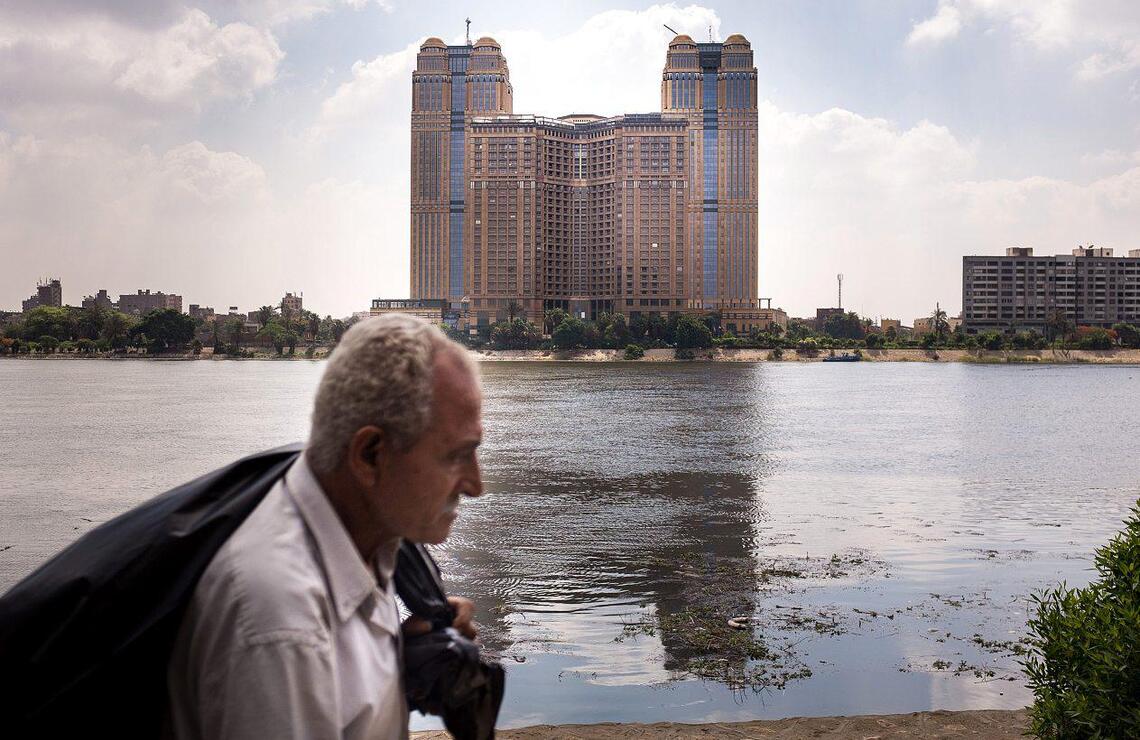
Selling Egypt by the pound
Massive investments by the Emirates and Saudi Arabia are providing temporary relief for an economy in crisis. But there is widespread resistance to what many see as a selling-off of assets.
Since the Central Bank of Egypt authorised floating the exchange rate of the Egyptian pound (EGP) on 6 March, the currency has plummeted from EGP 31 to EGP 50 to the dollar, falling in line with the black market rate. The Bank also raised its key rate by six points to a record 27.25%. The introduction of a floating exchange rate was a condition set by the International Monetary Fund (IMF) for releasing its loans to Egypt, which has a foreign debt of $165 billion. Following its actioning the IMF immediately granted a $5 billion loan to the country.
BOOSTING DIASPORA REMITTANCES
The Egyptian Central Bank's decision was taken just before Ramadan a month of festivities, and therefore of spending at a time when 106 million Egyptians, two thirds of whom live below the poverty line, are being crushed by inflation (35%). However, the overvaluation of the currency in relation to the official exchange rate often double the black market rate has had a serious impact on remittances from the...